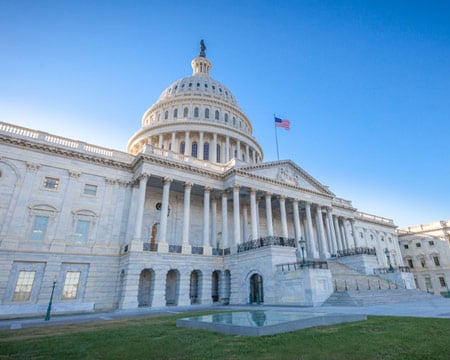Key Takeaways
- The 21% excise tax on highly compensated employees now covers more employees, and private colleges face a higher, graduated excise tax on investment income.
- While new and expanded charitable giving deductions and credits benefit donors and nonprofits, new deduction floors starting in 2026 may limit generosity.
- Many energy efficiency tax incentives available to tax-exempt organizations under the Inflation Reduction Act are being reduced or eliminated by 2026.
The newly enacted tax legislation has broad-reaching impacts across industries. Here’s how the One Big Beautiful Bill (OBBB) impacts tax-exempt organizations.
Excise Tax Expansions
The 21% excise tax on excess compensation paid by tax-exempt organizations has been expanded. The OBBB revises the definition of “covered employee” to include any employee or former employee who was an employee during any taxable year beginning after December 31, 2016.
Before the amendment, a covered employee was defined as one of the five highest compensated employees of an applicable tax-exempt organization for the taxable year. This 21% tax applies to renumeration paid to an employee in excess of $1 million, with a specific exception for payments for medical services.
The excise tax on investment income of specific private colleges and universities has increased from a flat 1.4% to a graduated rate structure up to 8%. This excise tax applies to net investment income on a “students adjusted endowment” of eligible education institutions. The impact of this excise tax will be felt by a relatively small number of private colleges and universities with large endowments.
Charitable Giving Incentives
Several charitable giving incentives will potentially have a positive impact on charitable organizations.
- The provision permanently provides non-itemizers a cash charitable contribution deduction of up to $1,000 for non-joint filers and up to $2,000 for joint filers.
- New legislation permanently extends the contribution limit of 60% AGI for cash gifts made to qualified charities for itemizers.
- A new tax credit for individuals of up to $1,700 per year is available to support contributions to certain scholarships granting organizations to be used for scholarships for eligible students to attend private K-12 schools. This credit will only be available in states that opt into the program, and any federal credit will be reduced by any state tax credit for the same gift.
However, in 2026, a charitable deduction floor was added for corporations and individuals. A corporation may only deduct contributions in excess of 1% of taxable income. The 10% upper limit remains unchanged. Individuals can only deduct contributions in excess of 0.5% of AGI.
Updates to the Inflation Reduction Act
The Inflation Reduction Act provided a new opportunity for tax-exempt organizations to take advantage of credits for certain types of energy efficiency projects. However, many of these energy efficiency tax incentives are being repealed or phased out under new legislation by mid-2026 or the end of 2025.
What’s Next for Nonprofits
The evolving tax landscape presents challenges and opportunities for nonprofit organizations including educational institutions. As these legislative changes take effect, organizations must stay informed, review their strategies, and engage early to understand the impact.
We can help you make sense of what these provisions mean for your tax-exempt organization and protect your mission.
Stay Up to Date

Tax
Nonprofit
We’ll help you maximize your resources so you can focus on your mission.
Who We Are
Eide Bailly is a CPA firm bringing practical expertise in tax, audit, and advisory to help you perform, protect, and prosper with confidence.



